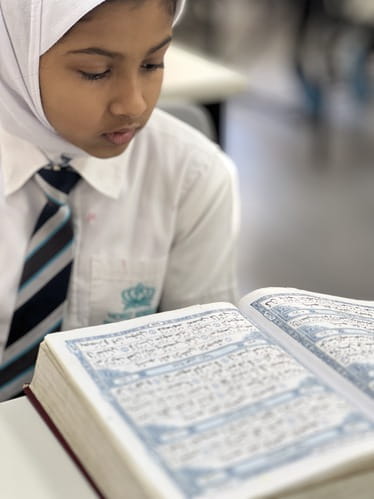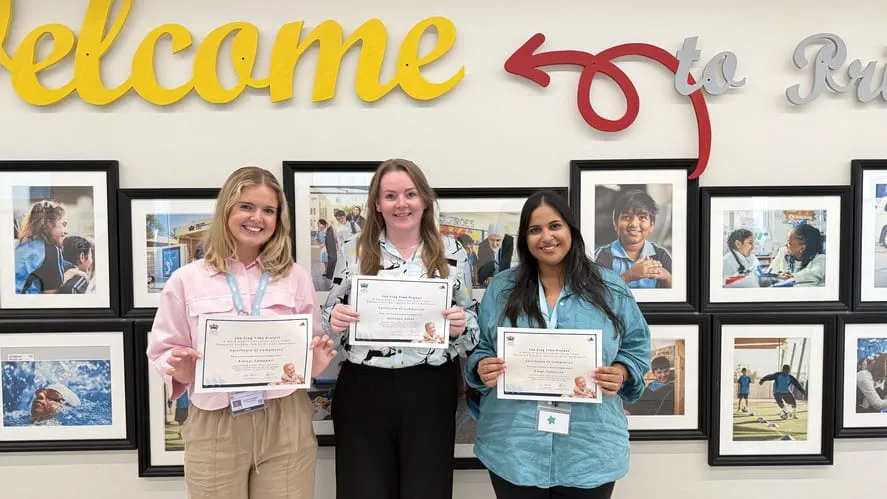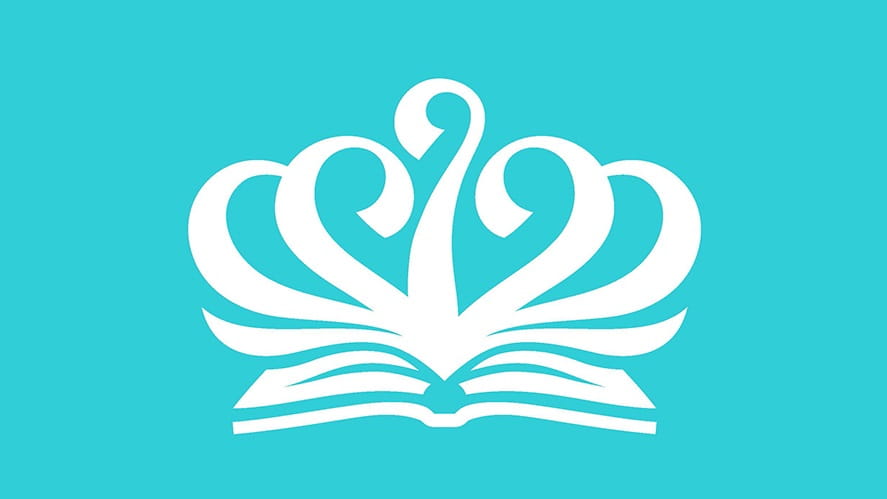Introduction: A Dual Mission in a Global Context
International schools in Qatar face a unique challenge: delivering world-class education while honoring Islamic values and Qatari culture. In a nation where tradition and modernity coexist, schools like NAISAK (Nord Anglia International School Al Khor) are setting a powerful example of how academic excellence and cultural identity can thrive together.
Global Standards Meet Islamic and Qatari Values
NAISAK follows the British curriculum alongside the curriculum mandated by Qatar’s Ministry of Education and Higher Education. This includes Arabic language, Islamic Studies, and Qatar History, ensuring a comprehensive, value-based education.
Ms. Asil Adwan, Head of Arabic at NAISAK, explains:
“We can be global without losing ourselves, and we can be open to the world without drifting away from who we are.”
Strong Ministry Alignment and Parent Engagement
The Ministry plays an active role in reinforcing Islamic identity and Arab culture in international schools, and parents have expressed strong support for this direction.
Ms. Sana Obaid, Ministry and Family Liaison at NAISAK, notes:
“The Ministry has focused on enhancing Islamic identity… The positive feedback from parents has been the main motivation for continuing this partnership.”
Parent of Hamad, Mariam, Zamzam, and Tameem shares:
“The school took clear steps to align with Islamic and Qatari traditions… I especially love how seriously they take Ramadan, Eid, Garangao, and Qatar National Day.”
Curriculum Designed Around Identity and Leadership
NAISAK provides:
- 4 Arabic lessons per week
- 2 Islamic Studies lessons
- 1 Qatar History lesson
These classes are tied closely to national identity, moral development, and language mastery.
Ms. Lobna M’barek, Arabic Teacher, explains:
“Our goal is to raise future leaders who are saturated with pride in their language, identity, and culture. Even when teaching geography, we explore how a location reflects national identity—like the National Museum of Qatar resembling a desert rose.”
Initiatives like Quyami (My Values), Ana Aseel (I Am Authentic), and Quyami Tarsum Hawayti (My Values Make My Identity) reinforce this connection.
Living the Culture Through School Life
Islamic and Qatari values are embedded in every aspect of school life—from behavior and uniform to religious and cultural celebrations.
Mr. Ahmad Ibrahim, Arabic Teacher, emphasizes:
“Uniforms are modest, and the school community shows respect during Qur’an recitation. We celebrate Ramadan, Eid, and host Qur’an recitation and Hadith competitions. It’s about character and faith.”
The mother of four students shares:
“My children were signed up for the national Qur’an competition, provided transportation, and practiced with their teachers. That level of care shows real commitment.”
Inclusivity Within a Culturally Rich Framework
Even non-Muslim families are welcomed with transparency about the school’s cultural focus.
Mr. Waleed Al Qassem, Admissions Manager, shares:
“Some non-Muslim families ask about Islamic and Arabic studies. I always reassure them: NAISAK is inclusive, but we uphold our identity. We follow both the British curriculum and the Ministry’s requirements.”
“I once enrolled four students on the spot because their previous school didn’t celebrate Qatar National Day meaningfully. At NAISAK, the entire school participates—with flags, dances, and cultural activities.”
He also emphasizes the importance of cultural literacy among staff:
“I prioritize helping staff understand Qatari and Bedouin culture. There’s deep knowledge and heritage there that enhances teaching.”
Teachers as Cultural and Ethical Role Models
Educators at NAISAK are chosen not only for their academic qualifications but also for their ability to foster identity and moral development.
Ms. Adwan says:
“It’s about belonging, identity, and spirit—not just teaching vocabulary.”
Ms. M’barek adds:
“Being Qatari means being a proud Arab Muslim. Every act of kindness, empathy, and pride we teach is rooted in Islamic values and centuries of tradition.”
Facing Challenges, Finding Opportunities
Balancing international education with local expectations brings challenges:
- Managing religious observances without compromising academics
- Addressing cultural sensitivities in a diverse student body
- Adapting international content to align with Islamic values
Yet, these are opportunities for innovation, value-driven leadership, and stronger parent engagement.
Ms. Obaid notes:
“We’re not just educating academically—we’re shaping ambassadors of our values.”
The mother of NAISAK students affirms:
“My children are growing in faith, identity, and confidence. The school sees us and our values—and that makes all the difference.”
Conclusion: A Model for Identity-Based Global Education
NAISAK represents what is possible when global academic excellence is harmonized with Islamic principles and Qatari national identity. It’s not just about preparing students for tests—but for life, leadership, and a confident future grounded in who they are.





.jpg?h=499&iar=0&w=887&rev=8e6a9259058d4357997002a633137df9&hash=0A31FAA684FDF1E7A82A0707BB4CCB1A)
.jpg?h=499&iar=0&w=887&rev=e32c88b6e1cc4111b739dd138698405a&hash=2E9E5F2224A77B265E7345682E657560)
